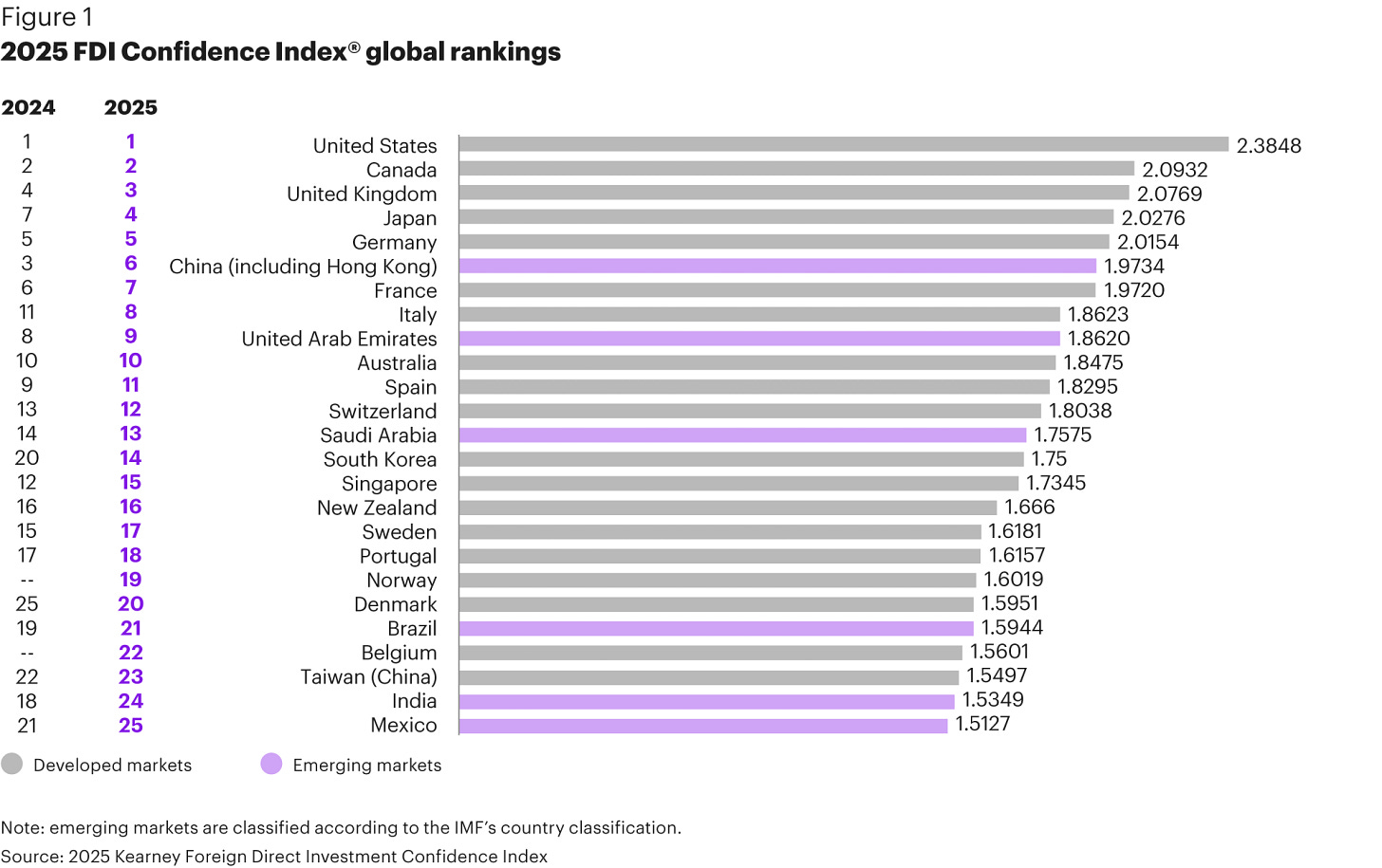January 2026: The Date That Changes Everything for Saudi Property
Foreign ownership in Saudi Arabia starts in 12 months. NEOM and Riyadh are about to become the world's newest gold rush. Mark your calendar.
The $3 Trillion Scramble
Picture this: It's a hot July afternoon in Dubai, and inside a glass tower overlooking DIFC, one of the world's largest asset managers is having an emergency meeting. The kind where VPs cancel vacations and lawyers dial in from three time zones.
The catalyst?
A single announcement from Riyadh that morning. The Saudi Cabinet had just approved something unthinkable five years ago - foreigners can own property in the Kingdom. Not through some convoluted corporate structure. Not with a million-dollar golden visa. Just straight-up ownership, like buying a condo in Miami.
The scramble was on. This wasn't just another Gulf liberalisation story. This was the region's largest economy - the last major holdout - throwing open its doors. And everyone in that boardroom knew what happened to early movers when the UAE did this in 2002. They got rich. Really, really rich.
January 2026. Mark your calendar. It's the date Saudi property stops being a locals-only game.
The Tectonic Shift Nobody Saw Coming
Follow the Money
Here's what makes this moment different from every other "Saudi is opening up" headline you've read:
First, follow the money. Saudi Arabia just rocketed to 13th place in Kearney's FDI Confidence Index - its highest ranking ever. Net foreign direct investment surged 37% year-over-year to SAR 16 billion in Q3 2024 alone. That's not reform theater. That's real capital voting with its feet.
The Pent-Up Demand
Second, the demand is already there, just locked out. Knight Frank surveyed over 1,000 people in Saudi, including 100 expatriates. The headline number? 77% of expats want to own homes in the Kingdom. These aren't speculators in Singapore googling "Saudi property investment." These are people who already live there, work there, and want to plant roots there.
The problem?
Until now, the only way for a foreigner to buy property was through the Premium Residency program. Entry fee: SAR 4 million (about $1.1 million USD). That's not a typo. You needed seven figures just to play.
Come January 2026, that drops to zero in designated zones.
"This groundbreaking regulation marks a pivotal moment for Saudi Arabia's real estate market. By welcoming foreign investment, we anticipate a transformative shift, driving substantial growth in inbound capital over the next five years."
- Matthew Green, Head of Research at CBRE MENA
Three Plays That Could Print Money
Here's where it gets interesting. In January 2025 - six months before the main event - the Saudi Capital Market Authority quietly dropped a bomb. Foreign investors can now buy up to 49% of shares in listed Saudi companies that own real estate in Makkah and Madinah.
Let that sink in. The two cities that remain completely off-limits to foreign property ownership just became accessible through the back door.
The Financial Engineering at Work
This isn't some regulatory oversight. It's genius-level financial engineering. The Saudis get foreign capital flowing into Makkah and Madinah without actually letting foreigners own land there. The investors get exposure to markets with 30+ million annual visitors and essentially zero new supply.
Watch the listed REITs with Makkah and Madinah exposure. They're trading at discounts to net asset value right now because foreign money couldn't touch them. That's about to change. When international capital starts flowing, those discounts could evaporate faster than morning dew in Riyadh.





